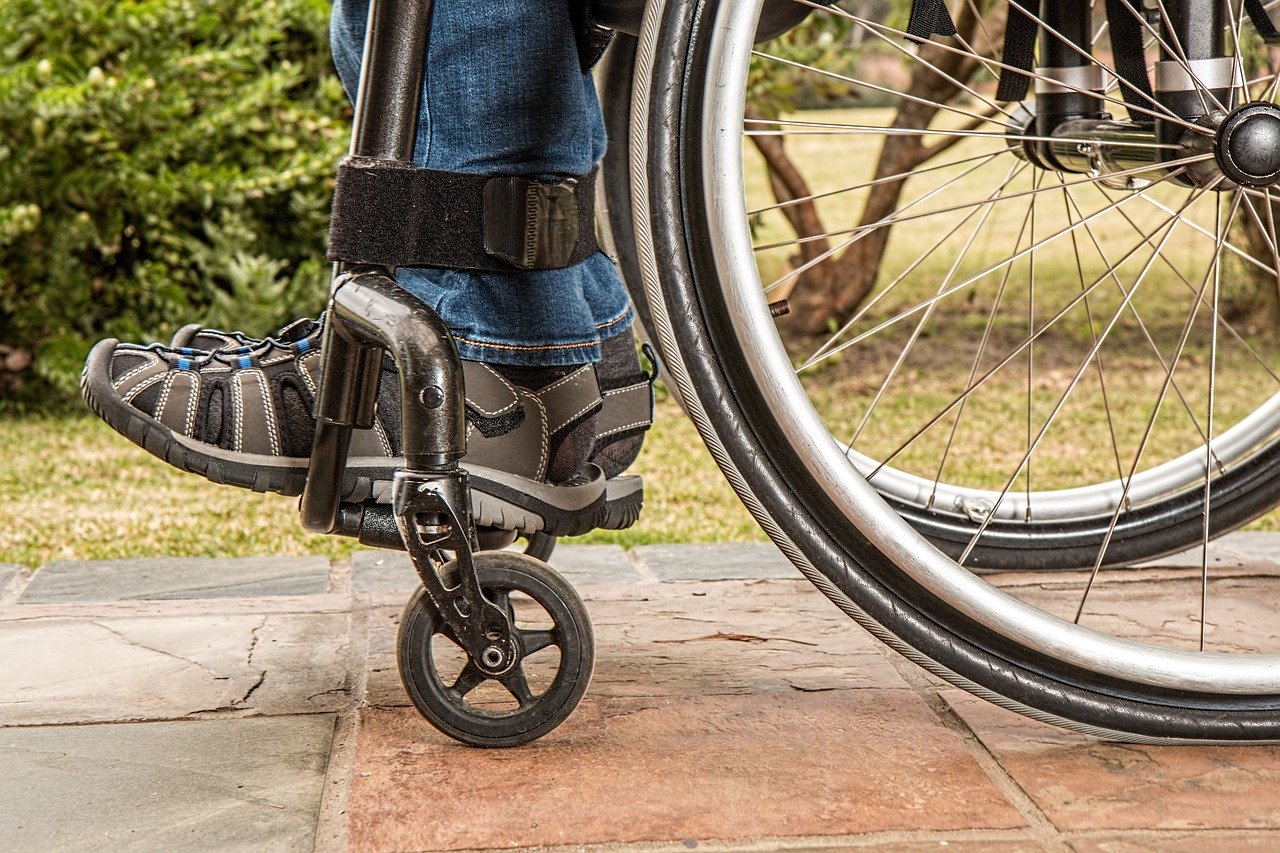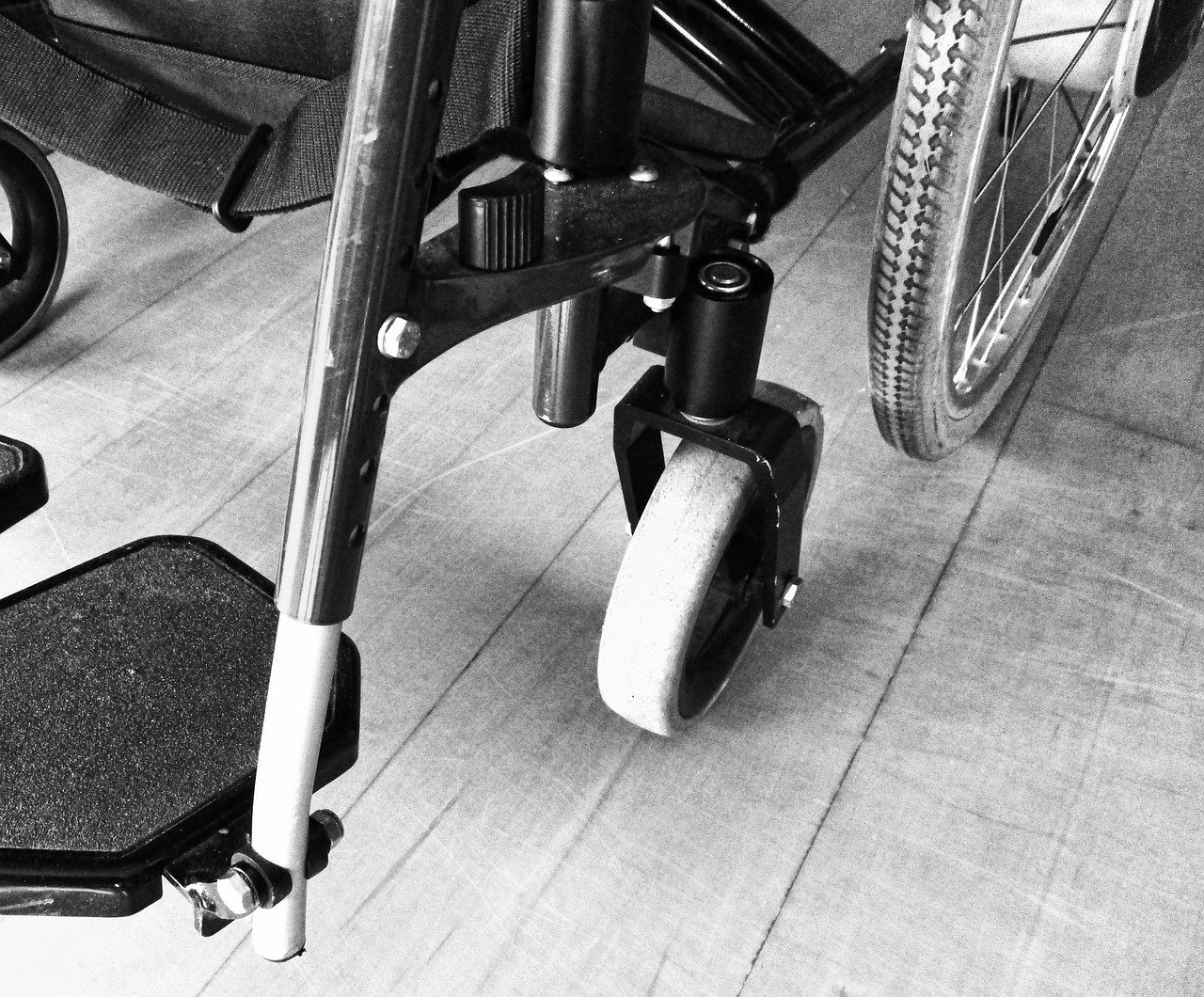Finding Independence: Home Care for Spinal Injury Patients

Suffering a spinal injury can be a life-altering event, affecting a person’s mobility, independence, and overall quality of life. While medical advancements have improved the outlook for spinal injury patients, the journey towards regaining independence can be complex and challenging. This is where Spinal Injury Home Care becomes a pivotal part of the recovery and adaptation process.
The Impact of Spinal Injuries
Spinal injuries can cause varying degrees of disability, from partial paralysis to complete loss of motor function below the level of injury. Such a sudden change can be disconcerting, leading to significant physical and psychological challenges. Patients must navigate a new reality where basic tasks may require assistance, and their sense of independence might feel compromised.
The incidence of spinal injuries is unfortunately not uncommon. According to the World Health Organization (WHO), between 250,000 to 500,000 people worldwide suffer a spinal cord injury each year. These numbers underscore the pressing need for comprehensive care and support systems for individuals navigating this challenging life event.

Spinal Injury Home Care: A Gateway to Independence
Amidst these challenges, spinal injury home care can play an instrumental role in helping patients find their way back to independence. Home care services provide patients with the support they need to manage daily tasks, facilitate physical rehabilitation, and provide psychological support.
Research indicates that home care can significantly improve outcomes for spinal injury patients. A study published in the Journal of Neurotrauma found that spinal injury patients who received home care reported higher life satisfaction levels and less psychological distress compared to those who did not receive home care.
Personalised Care for Enhanced Recovery
A key advantage of spinal injury home care is the ability to provide personalised care tailored to the individual’s specific needs and circumstances. This could involve assistance with personal hygiene, mobility support, medication management, physical therapy, and even household chores. By ensuring that patients receive the specific help they need, home care services can significantly enhance their comfort and overall recovery experience.
Home Care: More Than Just Medical Support
Spinal injury home care extends beyond the provision of medical support. It also offers essential emotional and psychological support to patients adjusting to their new circumstances. Home care professionals can provide companionship, encouragement, and empathy, helping patients to maintain a positive outlook during their recovery journey.
Building Skills and Confidence
Through consistent support and encouragement, spinal injury home care services help patients regain confidence in their abilities. They assist patients in learning new skills and adapting to new ways of doing things, fostering a sense of independence and self-reliance. This is an essential aspect of their recovery, as feeling capable and independent can significantly enhance a patient’s self-esteem and overall outlook on life.
The Power of a Familiar Environment
Receiving care in a familiar, comfortable environment also offers significant benefits for spinal injury patients. Adjusting to a new way of life can be stressful, and being in an unknown environment, such as a rehabilitation facility, may add to this stress. By contrast, home is a familiar and comforting environment. It provides a safe space where patients can navigate their new circumstances at their own pace. Furthermore, receiving care at home also allows patients to stay connected with their loved ones, facilitating emotional support and enhancing their psychological well-being.
Role of Home Care in Preventing Secondary Complications
Spinal injury patients are at risk of developing secondary health complications such as pressure sores, urinary tract infections, and respiratory issues, among others. Prompt and appropriate care is crucial in preventing these complications, and this is another area where spinal injury home care shines. With dedicated professionals providing vigilant care and immediate response to any potential issues, home care significantly reduces the risk of secondary complications. This proactive approach to care not only promotes better health outcomes but also provides peace of mind for the patients and their loved ones.
The Essential Role of Spinal Injury Home Care
In conclusion, spinal injury home care is an indispensable resource in the recovery journey of spinal injury patients. By providing personalised, comprehensive care that addresses both physical and psychological needs, it significantly contributes to enhanced recovery outcomes and improved quality of life. As such, spinal injury home care is not merely a service; it is a crucial support system that aids in the challenging yet rewarding journey towards independence for individuals living with spinal injuries.